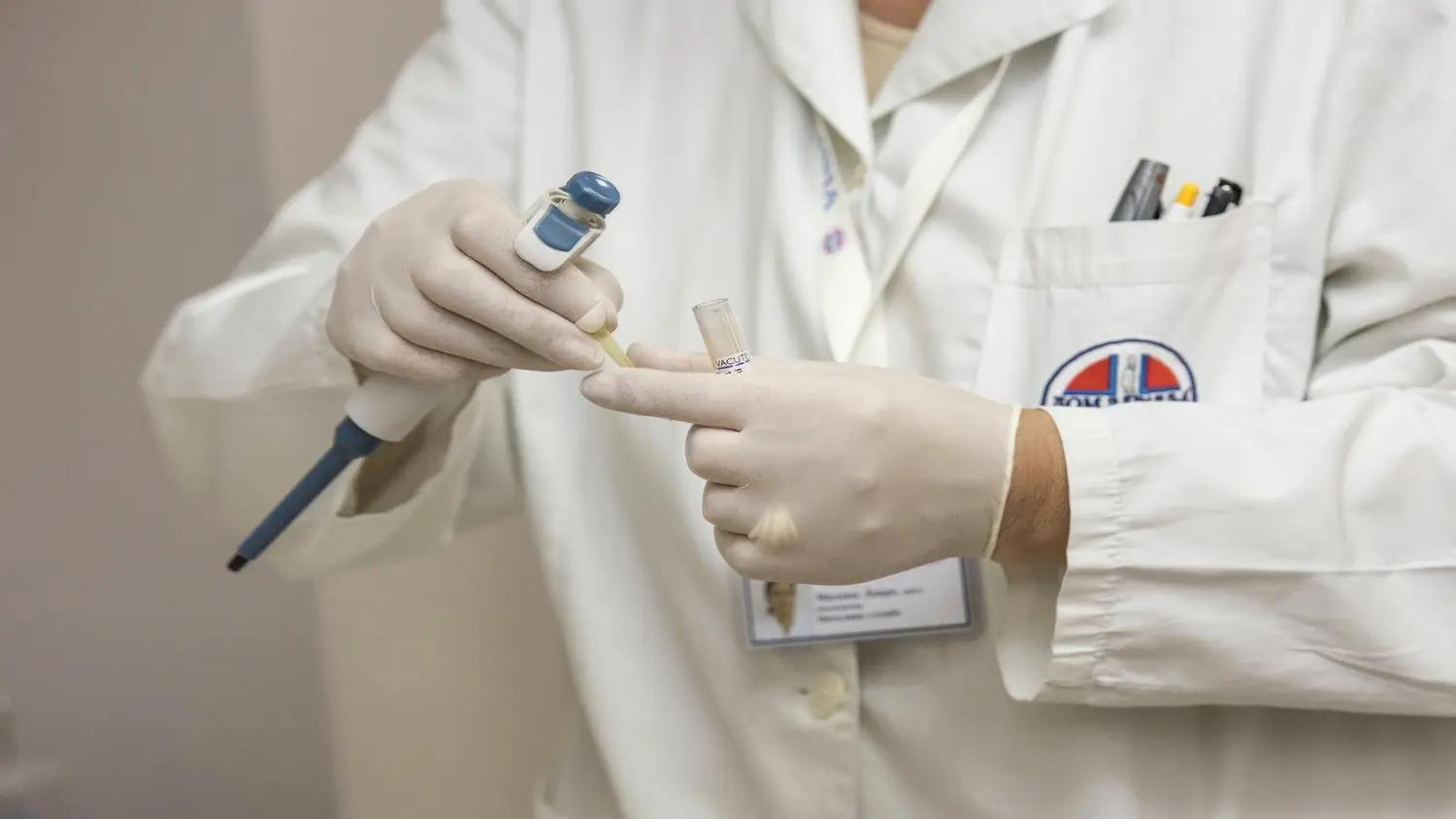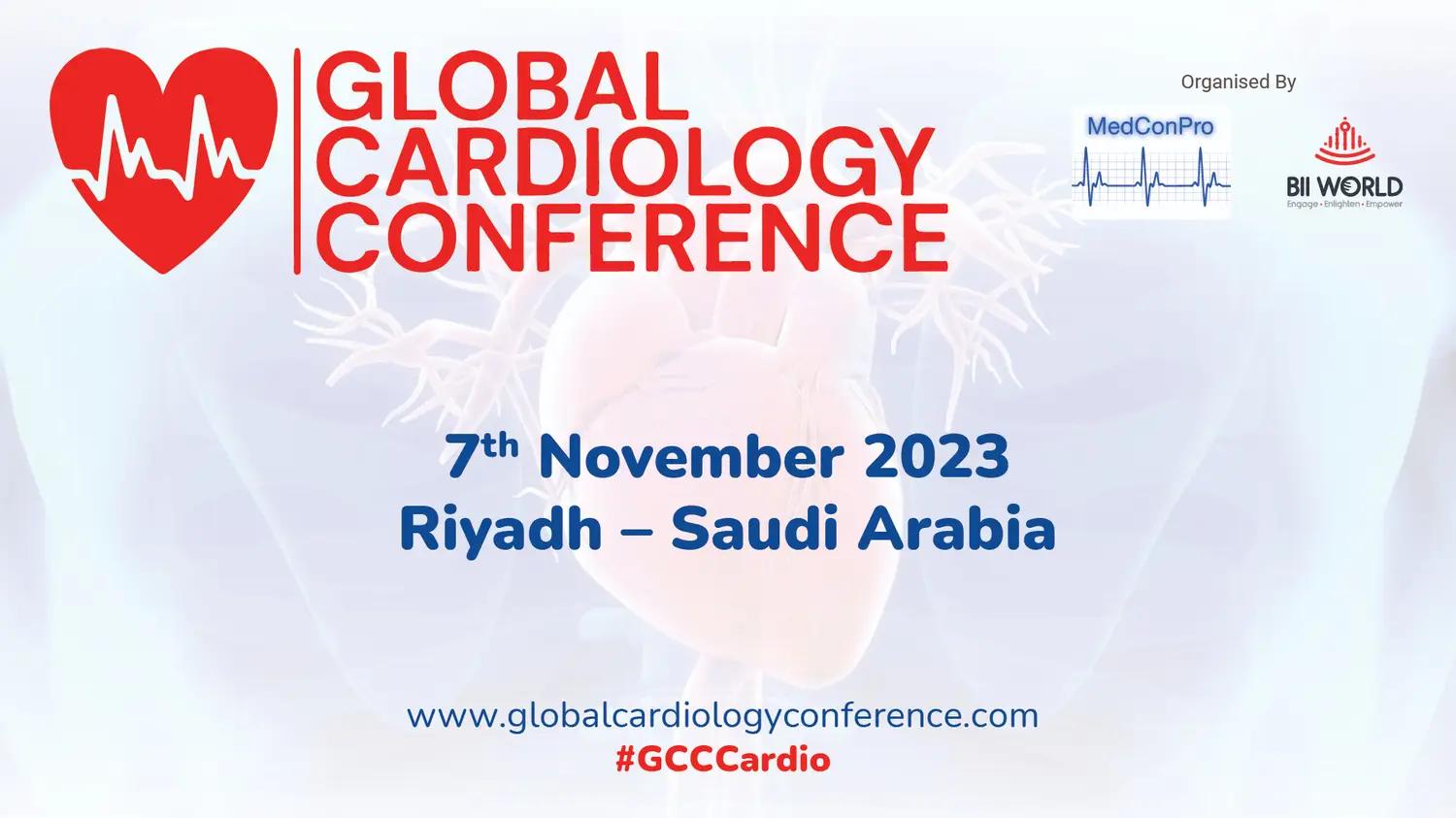
Hypopituitarism: Early Diagnosis For Improved Patient Management
 hosted bySpringer Healthcare IME
hosted bySpringer Healthcare IME


Hypopituitarism: Early Diagnosis For Improved Patient Management is organized by Springer Healthcare IME.
Description:
Hypopituitarism occurs when there is a deficiency of one or more of the pituitary hormones. In particular, growth hormone deficiency (GHD) could have a childhood onset and continue throughout adulthood or develop later in life. Adult-onset GHD is usually acquired from a pituitary tumor or trauma to the brain.
Adult GHD is characterized by nonspecific symptoms, which can make it difficult to diagnose in clinical practice. Nevertheless, these symptoms can have a significant negative impact on patients.
This independent educational program, led by a faculty comprising international key opinion leaders, aims to improve awareness of adult GHD through education on approaches to achieve an earlier diagnosis and a better management of adults with GHD.
This interactive curriculum comprises the following activities, available in English, Spanish, French, Portuguese, and Simplified Chinese:
A 30–45 minute on-demand webcast: ‘Impact of GH deficiency during adulthood’
3 Case-study modules:
• Management of hypopituitarism during the transition period to adulthood
• Hypopituitarism as a consequence of head trauma
• Hypopituitarism as a consequence of brain surgery
Learning objectives:
After participating in the program, learners will be able to:
• Debate approaches to achieve an earlier diagnosis of GH deficiency in adults as part of a coordinated multidisciplinary team
• Recognize the potential symptoms of GH deficiency in adults and identify individuals at risk for developing this condition
• Discuss strategies to improve patient follow-up during the transition period between pediatric and adult care







